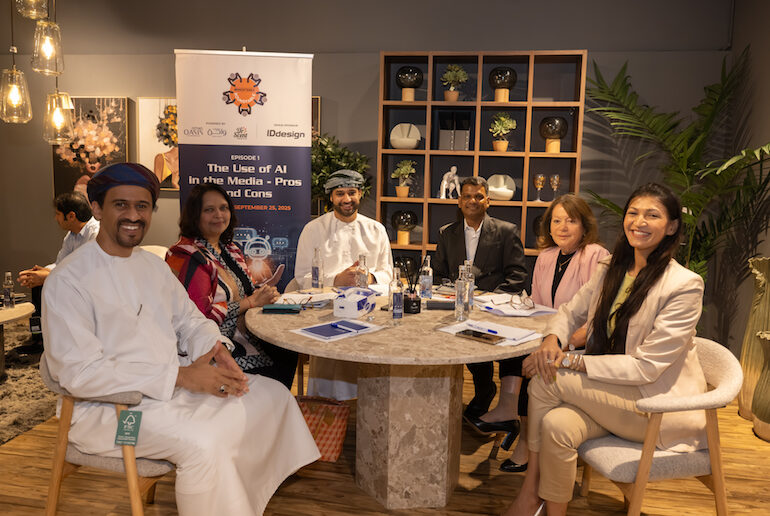 By HUBERT VAZ
By HUBERT VAZ
The first edition of the Muscat Daily Roundtable on ‘The Use of Artificial Intelligence in the Media – Pros and Cons’ (held in ID Design showroom, Markaz al Bahja, on September 25), drew attention to three key issues – the need to nurture greater newsroom ethics, the need to guard against fake content/hidden bias, and the need to maintain human creativity in all storytelling. Hubert Vaz, the moderator, recaps the roundtable which indicated how AI can be used to also keep a tab on AI
Artificial intelligence is no longer just a futuristic concept – it has entered newsrooms, studios, and content platforms across the world. From automated news writing and fact-checking to video editing, audience analytics, and personalised content delivery, AI is transforming how content is produced and consumed.
Yet, this shift sparks debate – supporters see AI as a way to increase efficiency, cut costs, and open new creative possibilities. Critics, however, worry about accuracy, bias, loss of jobs, and above all, the erosion of human creativity and editorial judgment.
As media outlets grapple and experiment with these new technologies that can speed up tasks, enhance efficiency, and generate greater output while cutting costs and turnaround time, the central question remains – How much of the media’s soul can be entrusted to machines?
On this backdrop, Muscat Daily invited five skilled individuals for a Roundtable discussion on ‘The Use of AI in the Media – Pros and Cons’. The erudite participants had one key task on hand – not whether to use AI but how it can be used responsibly in the media. The event was sponsored by Oman Oasis, and supported by Dr Scent, Super General, ID Design, and Markaz al Bahja.
The participants included Prof Amita Sanghavi – a poet and scholar teaching English in Sultan Qaboos University, Ali al Yaaqubi – communications manager, bp Oman, Dr Sonia Ambrosio de Nelson – scholar, researcher and former faculty member of Journalism in SQU, Antara Bose – TV presenter and content creator, and Tariq al Barwani – technologist and founder of Knowledge Oman.
Through individual presentations and spirited discussions on five key issues concerning the topic, there was complete consensus among the participants that Artificial Intelligence must be used in the media with great caution, so as to reinforce newsroom ethics and guard against fake propaganda while also maintaining originality and a human touch to every story. While some described the swift development and use of AI tools as a ‘scary’ situation, others defended the efficiency that came with it. The common refrain, however, was to equip oneself to go with the flow, rather than being left behind.
Add your own voice to stories
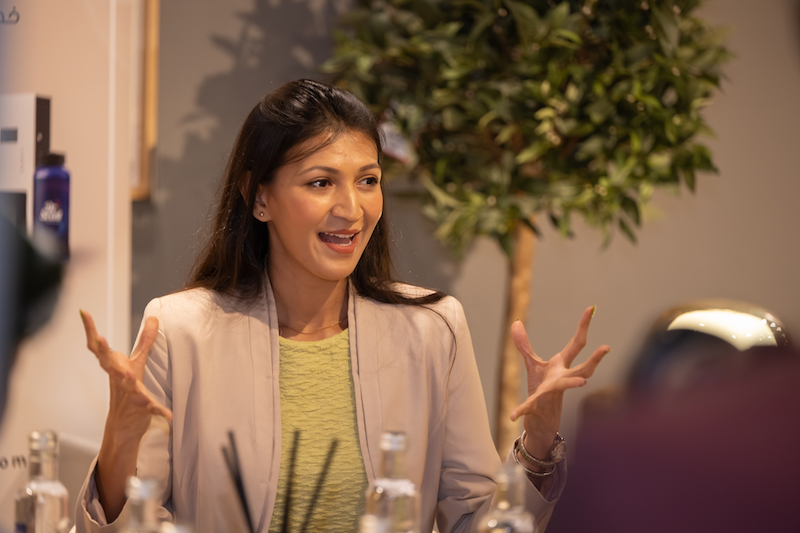
Setting the ball rolling for the roundtable with her own perspective as a video/print content creator, Antara pointed out in today’s fast-pace world, ‘content is king’. Asserting that “AI is too perfect,” she went on to point out that it is easy to find out when someone is using AI to generate content as there are certain common words/phrases and structural nuances which give it away. The bottom line is about using AI to one’s own advantage giving it one’s own voice, she said, adding, “When you add your voice to it, as opposed to AI, then you know that the article is ‘me’ with my own identity.”
AI is the backbone of the media
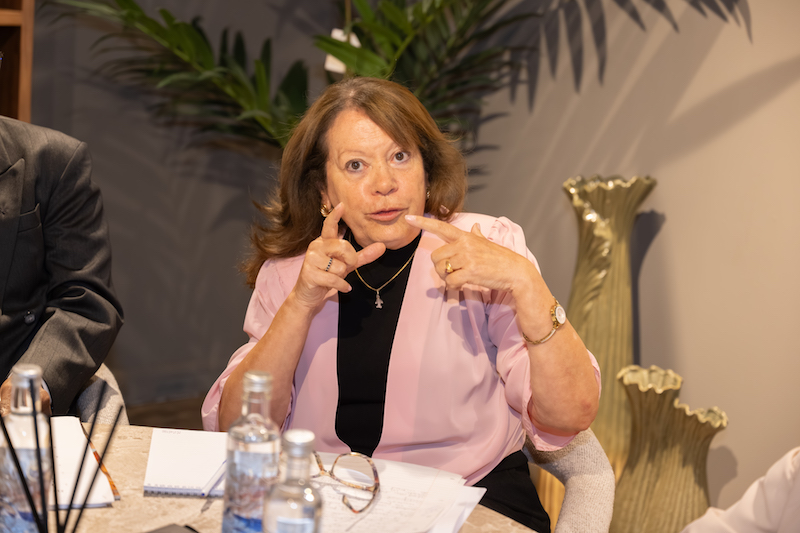
Dr Sonia, who has been teaching Omanis about working in the media for the past 17 years, pointed out that automation has been in vogue for many years and that it has only become faster now. Two elements are responsible for this – the creation of material (data) that is vast and the technology needed to process this information.
“AI does make the workload for journalists a bit easier but there are two things of concern – challenges/ethics and editorial independence.” She also cautioned against encountering ‘AI hallucinations’ and ‘AI bias’ stemming from prejudices in society which can be different in every country, but admitted that AI tools are now the backbone of the media.
Get ready but don’t overdo it

Heading the communications department in an Oil & Gas company, Ali asserted, “As an Oil & Gas company, we use AI, and I think, it is going to transform the way we work as it impacts cost efficiency, cost consciousness, safety, being more efficient, etc. And one area that is going to be transformed is ‘communications’ which is quite vast but is ‘AI-ready’.” He stressed on the importance of getting ready for using AI, yet not overdoing it, so as to bring in a balance and maintain the human touch to everything in an ethical and secure manner.
Drive AI but don’t be driven by it
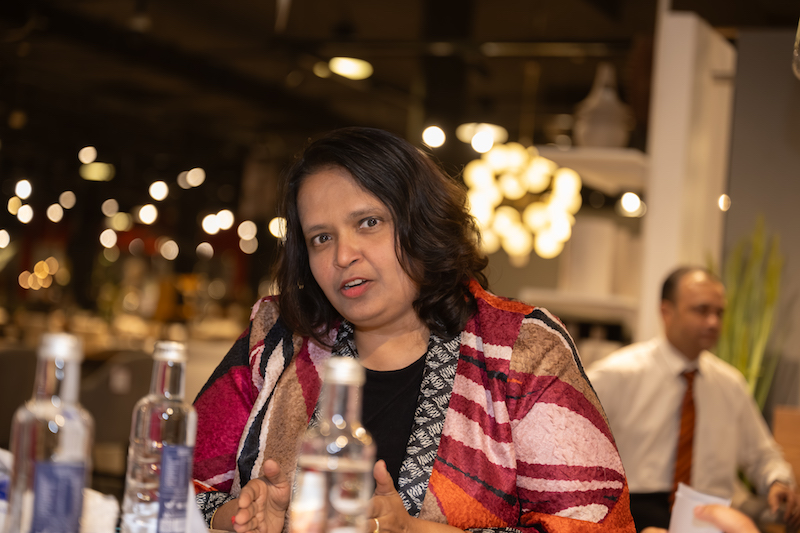
Prof Amita drew attention to the fact that there is need for much discourse on the subject ‘to drive AI and not be driven by AI’. She listed three different roles that AI affects her personally – as a poet, an educator and a researcher at university. Indicating how students are being driven towards using AI tools to complete their assignments, despite all the safeguards that are being employed to detect plagiarism, she said “The first concern that the SQU English language department had was ‘how to protect honest students with integrity who are really improving using AI as a tool but not copying’.” Hence, new assessment methods are now being employed, including impromptu classroom writing sessions, to gauge student aptitudes.
Those asleep will be replaced
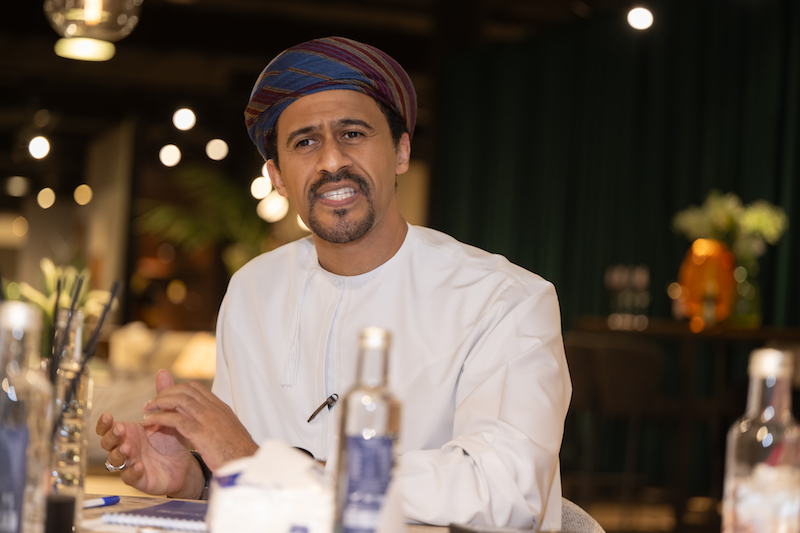
Oman’s IT wizard and founder of Knowledge Oman, who has participated in numerous technological discourses in the region and beyond, Tariq al Barwani chose to focus on the technological part in the roundtable – whether AI will, indeed, revolutionise the media with its numerous tools that make work quicker and more efficient.
“While we are sitting here for this roundtable, do you know what is happening in China? They are improving and building up their fastest cell network – 6G – that’s way ahead of others, a faster, smarter network. Do we know what’s happening in the States? Google and Gemini are now closely related, and Elon Musk with his X AI platform, is building up a very smart platform,” he pointed out, adding, “Technology is advancing so fast, the people who are asleep…they better remain asleep, because they will definitely be replaced by robots.
He pointed out that, “Many of the big players like Amazon, Google are working with local data centres in Oman (Ooredoo, Omantel) to increase their presence, to process this massive data that is being stored all over the world.” In seconds information can be captured and distributed all over the world, and may be, they don’t need scores of employees to do that.
“AI will revolutionise the way we write, the way we distribute information, and the way we consume information. Will it impact our jobs? Yes, it definitely will. But the ones who learn how to utilise the tools, collaborate with them, and not be used by them, will survive. AI should be the engine and you should be the driver. It shouldn’t be the other way around,” Tariq emphasised.
Consensus on maintaining originality
During the discussions on key issues in this roundtable, media ethics was given much emphasis since legislation in this regard would vary in different countries while a company ‘code of conduct’ would have to be imposed to streamline the use of AI for print as well as audio/visual content such that media organisations do not infringe on privacy and prestige of individuals or indulge in content theft by manipulating copyrighted content to their own advantage.
Also, there was consensus on the need to maintain originality in content generation as well as conducting fact-checks and verifications before putting out content in the public domain. Dr Sonia stressed that each one must be a master of the subject they are dealing with while Tariq added that one should only utilise AI tools to speed up efficiency.
Prof Amita added that the need of the hour was ‘AI literacy’ to know how best to use AI while also maintaining individual integrity in order to avoid excessive dependency on the tools. On the other hand, Ali suggested that companies need to devise guidelines for use of AI that are safe and relevant to their own standards, and train their own employees to conform to these.
Tariq also emphasised that policies and procedures need to be put in place so that every organisation understands how far they can exploit AI. “Unfortunately, today, many people just blindly accept anything that is given by AI. One need to crosscheck the given references which could contain a bais.”
While the discussions went in circles in this roundtable, overlapping the key concerns of ethics, bias, accountability, originality, authenticity, trust and personal discretion, all participants agreed that one-to-one interactions, individual dynamics and human oversight was necessary to ensure that AI tools are appropriately used to the best advantage of the media.
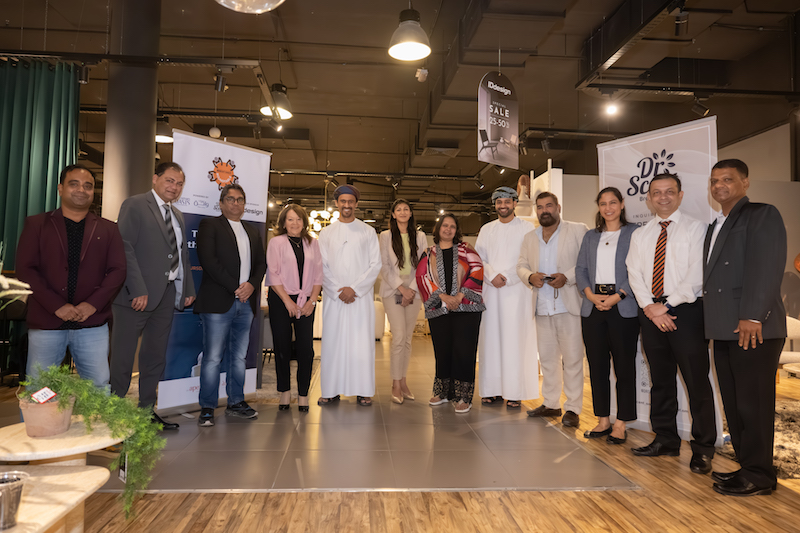
(Photos: V K Shafeer; Video clips: Anirban Ray)
© 2021 Apex Press and Publishing. All Rights Reserved. Powered by Mesdac